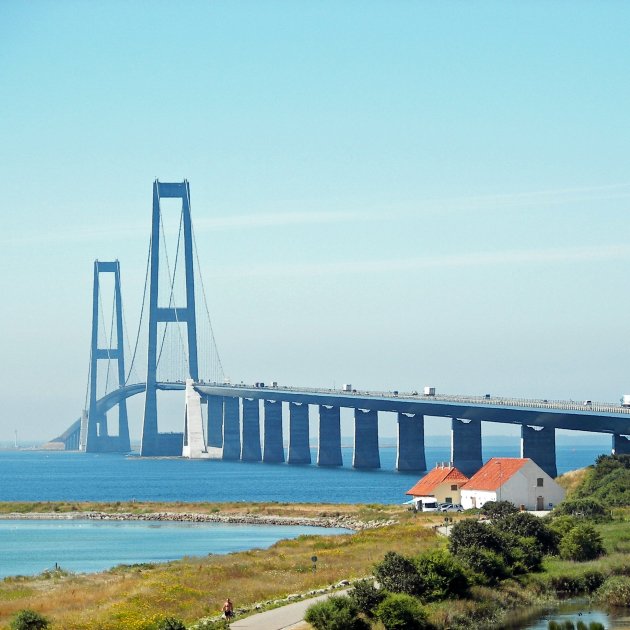Danish police received a warning from German security authorities about Catalan president Puigdemont's journey through the country but decided not to take any action. The warning was given hours before the arrest of the exiled president in Germany, when he crossed the Danish border from Sweden in his attempt to return to Belgium.
At 10am on Sunday, the German police advised their Danish counterparts that Puigdemont was crossing the country, as reported by the news agency Ritzau and the main Danish newspapers. Minutes later, at 10:50am, while the Catalan leader's car was still traversing Denmark, the Germany federal police sent more details about the vehicle. This was about 10 minutes before it crossed into German territory.
As the head of the Danish police, Svend Larsen, has explained, in spite of receiving this information, the short time involved made an arrest of Puigdemont in Denmark "practically impossible", thus leaving the matter in the hands of the German police authorities.
The arrest of Puigdemont
At around 11am, after about three hours travelling across Denmark, Puigdemont crossed the border into Germany, en route to Belgium. The rest is well known: Puigdemont was detained at 11:19am in a gas station between the localities of Schuby and Jagel, on the A7 highway.
The Catalan president, who had been in Belgian exile for five months, was returning to his residence at Waterloo when he was intercepted. Puigdemont had planned on contacting the Belgian authorities on arrival in the country, which did not occur due to the collaboration of the German and Spanish authorities.
Criticism from Germany
The president of the large German Police Union, Ernst Walter, has criticized the fact that the Danish police did not proceed to the arrest of Puigdemont in spite of having the information.
Walter considers it incomprehensible that the arrest took place in Germany and not in Denmark, since both are EU countries. "The Danish police should work in the same way as the European network", he told a Bavarian radio station.
